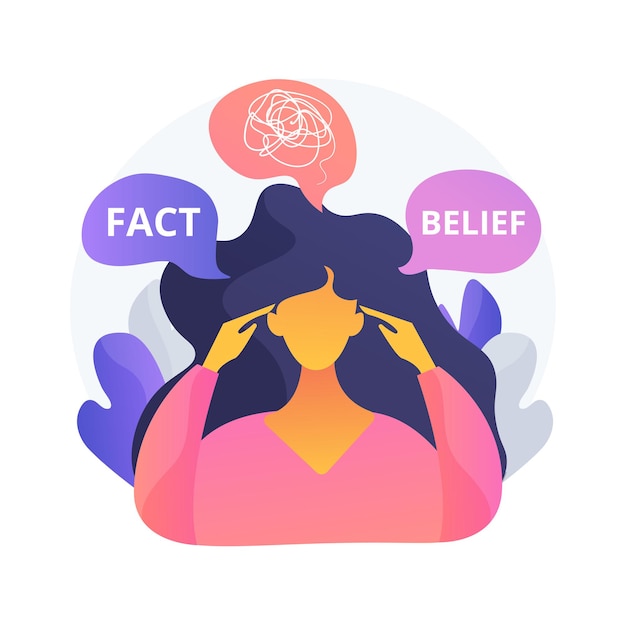

PTSD is a serious mental health condition that affects millions of people worldwide.
Traumatic experiences can lead to the development of PTSD.
People of all ages and backgrounds can develop PTSD.
PTSD is not a sign of weakness, but a reaction to a traumatic event.
Symptoms of PTSD can include flashbacks, nightmares, and intense anxiety.
PTSD can significantly impact a person’s daily life and relationships.
Seeking professional help is crucial for managing and treating PTSD.
PTSD can be caused by a variety of events, such as combat, natural disasters, or physical abuse.
PTSD not only affects the individual but can also impact their loved ones.
It is important to understand and raise awareness about PTSD to reduce stigma.
PTSD can develop immediately after a traumatic event or even years later.
Individuals with PTSD may experience triggers that can bring back memories of the traumatic event.
PTSD symptoms can vary in intensity and duration from person to person.
Treatment options for PTSD include therapy, medication, and support groups.
It is essential for family and friends to be understanding and supportive of individuals with PTSD.
PTSD can increase the risk of other mental health conditions, such as depression or substance abuse.
Many veterans suffer from PTSD as a result of their experiences in combat.
PTSD can affect children who have witnessed or experienced trauma.
The brain’s response to stress and trauma plays a significant role in the development of PTSD.
PTSD can lead to physical health problems, such as chronic pain or cardiovascular issues.
Early intervention and treatment can improve the long-term prognosis for individuals with PTSD.
Individuals with PTSD may engage in avoidance behaviors to try to cope with their symptoms.
PTSD can impact a person’s ability to trust others and form healthy relationships.
PTSD is not limited to any specific gender or age group.
Flashbacks can be incredibly distressing for individuals with PTSD, as they relive the traumatic event.
Support from loved ones and a strong social network can help individuals with PTSD recover.
Individuals with PTSD may experience feelings of guilt or shame related to the traumatic event.
Untreated PTSD can lead to severe consequences, such as self-harm or suicidal ideation.
PTSD can affect memory and concentration, making daily tasks challenging.
Not all individuals who experience trauma will develop PTSD.
The prevalence of PTSD is higher in certain professions, such as emergency responders or military personnel.
Many therapists specialize in treating PTSD and have expertise in evidence-based therapies.
PTSD can interfere with a person’s ability to work or attend school.
Sleep disturbances, such as insomnia or nightmares, are common symptoms of PTSD.
Research is ongoing to better understand the causes and treatment options for PTSD.
PTSD can be a chronic condition, but many individuals can learn to manage their symptoms effectively.
Some individuals with PTSD may turn to substance abuse as a way to cope with their symptoms.
Different cultural and societal factors may influence how PTSD is understood and treated.
Some individuals with PTSD may experience a loss of interest in activities they once enjoyed.
PTSD symptoms can be triggered by reminders or cues associated with the traumatic event.
It is crucial for individuals with PTSD to practice self-care and engage in activities that promote relaxation and well-being.
The symptoms of PTSD can fluctuate over time, with periods of improvement and exacerbation.
The support and understanding of employers can be instrumental in helping individuals with PTSD maintain employment.
PTSD may impact a person’s ability to regulate emotions, leading to mood swings or anger outbursts.
Adapting to life after a traumatic event can be challenging, but with the right support, individuals with PTSD can lead fulfilling lives.
Around the world, coffee enthusiasts enjoy Monin coffee concentrate since it is a multipurpose product. Conveniently combining…
The Importance of Choosing the Right Shower for Your Bathroom Renovating your bathroom can be…
Usain Bolt holds the record for the fastest 100-meter sprint in history.Bolt was named Sportsman…
Love is in the air... and it smells suspiciously like chocolate!Roses are red, violets are…
Life's a beach, take a picture and relax.Sun, sand, and salty kisses. That's what beach…
Hungary is home to the largest thermal water cave system in the world.The Rubik's Cube…